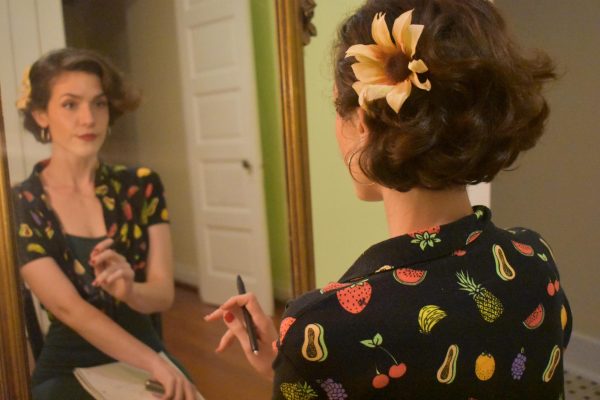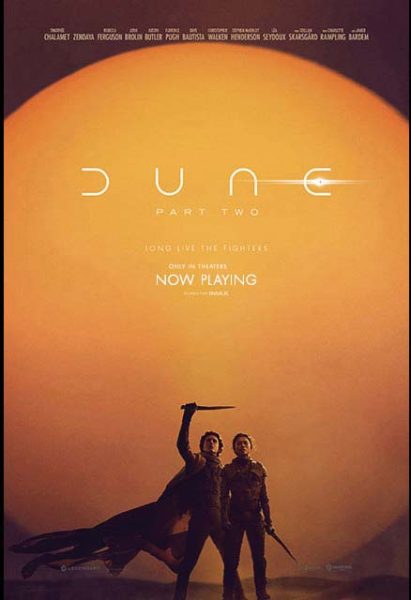A Beginner’s Guide to Ingmar Bergman
A few months ago, I went through a long-running marathon of Swedish filmmaker Ingmar Bergman’s films. Bergman is widely known as one of the most influential artists of all time, creating over 60 films that explore deeply personal issues of death, faith, family dynamics, and marriage. His films certainly made an impression on me as a viewer, with beautiful, striking images combined with soul-searching examinations of the human condition.
To commemorate the recent release of HBO’s remake of Bergman’s marital opus “Scenes from a Marriage,” I decided to create a beginner’s guide to exploring Bergman’s eclectic body of work. The following films represent the best of the Swedish arthouse legend’s expansive oeuvre, and hopefully serve to encourage viewers to explore his other lesser-known films. All the featured films are available for streaming on the Criterion Channel and HBO Max.
START HERE: Wild Strawberries (1957)
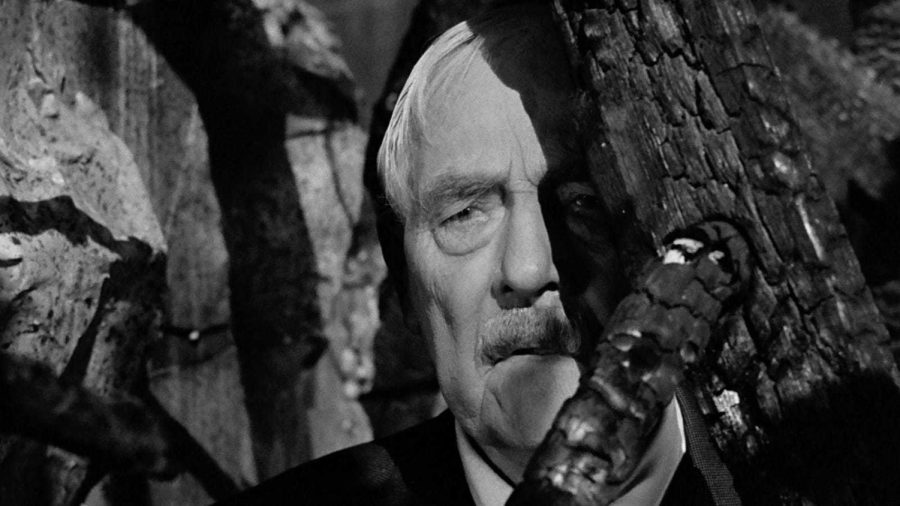
Bergman’s 1957 film stars Swedish silent film legend Victor Sjöström as aging, embittered emeritus professor Isak Borg. Accompanied by daughter-in-law Marianne (Ingrid Thulin), Borg goes on a trip across Sweden to receive an honorary degree. The trip prompts him to come to terms with his past and to reconcile with people he has neglected, including his son and Marianne’s husband Evald (Gunnar Björnstrand).
“Wild Strawberries” is notable for its expressionistic flashbacks and dream sequences, in which Borg reminisces about his childhood and deals with the isolation of old age. It is terrifying and heartwarming in equal measure, which makes it a capable starting point for Bergman’s films.
For examinations of faith: The Seventh Seal (1957)
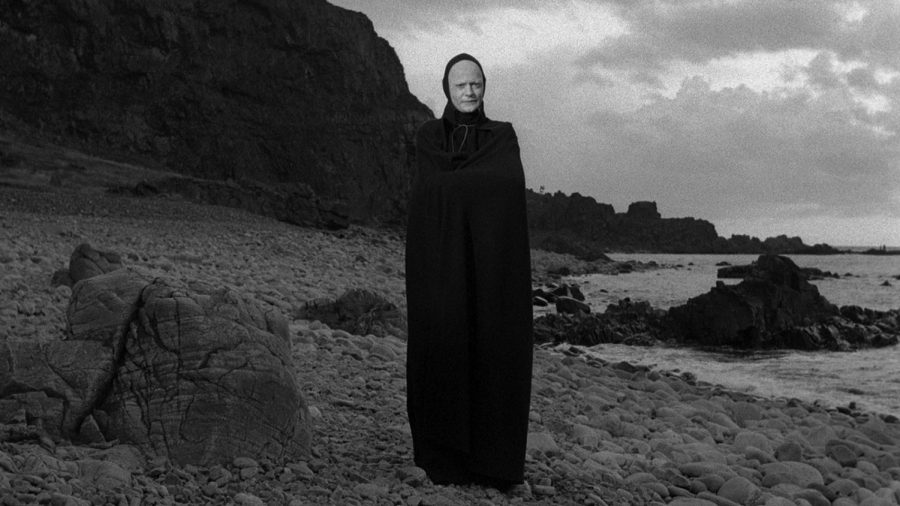
Bergman first gained international success with this medieval fantasy film, also released in the same year as “Wild Strawberries.” Set during a plague in Sweden, “The Seventh Seal” depicts a knight (Max von Sydow) who bargains with Death (Bengt Ekerot) by playing chess with him. Viewers expecting the film to be bleak will be surprised by its moments of comic relief and optimism, even as Bergman grapples with the so-called silence of God. He continued exploring this theme in 1960’s “The Virgin Spring,” where a father (also played by von Sydow) exacts revenge on three herdsmen who raped and murdered his daughter.
Through a Glass Darkly (1961)
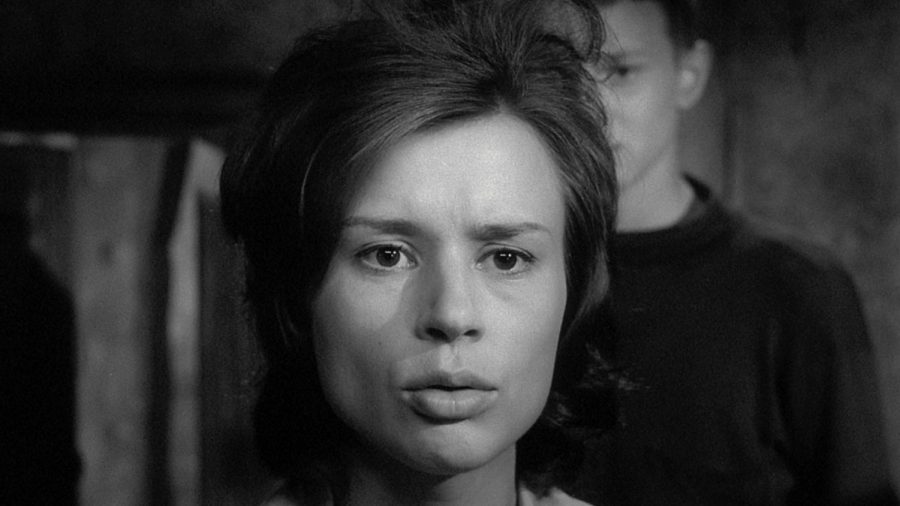
Bergman started the 1960s by directing his unofficial “Trilogy of Faith,” further exploring God’s silence in an isolated setting. “Through a Glass Darkly” (1961) depicts a schizophrenic young woman (Harriet Andersson) who has delusions about seeing God while vacationing with her family in a secluded location. 1963’s “Winter Light” follows a local priest (Björnstrand) dealing with his loss of faith. The trilogy ends with “The Silence,” featuring an intellectual woman (Thulin) and her sensuous sister (Gunnel Lindblom) as they struggle to communicate with each other while staying in a foreign city.
For family tensions: Cries and Whispers (1972)
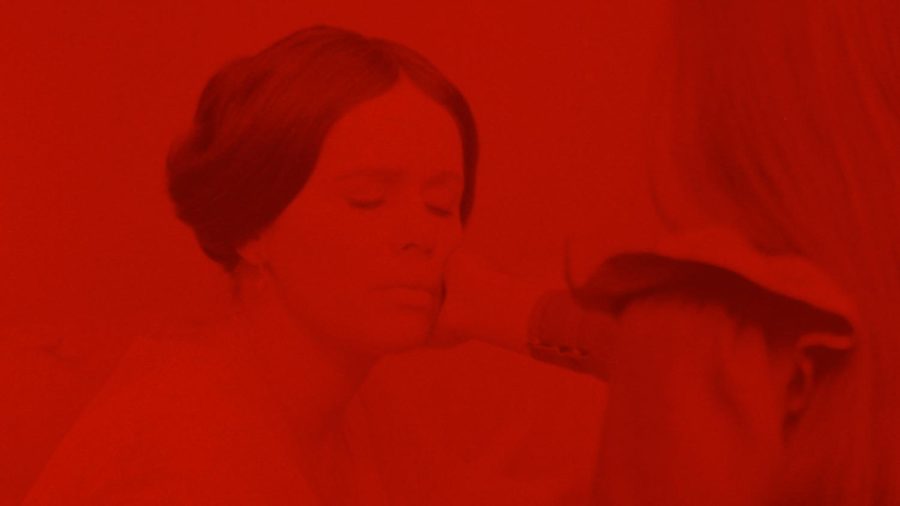
After “The Silence,” Bergman next explored stormy family dynamics and their generational impact. 1972’s “Cries and Whispers” follows a dying woman (Andersson) being taken care of by her two emotionally distant sisters (Thulin and Liv Ullmann). Bergman later worked with his other famous namesake, Hollywood actress Ingrid Bergman, in the 1978 family drama “Autumn Sonata.” The latter plays a successful but icy pianist who reunites with her neglected daughter (Ullmann), and together they talk about their shortcomings in painful detail.
For exploring relationships: Scenes from a Marriage (1973)
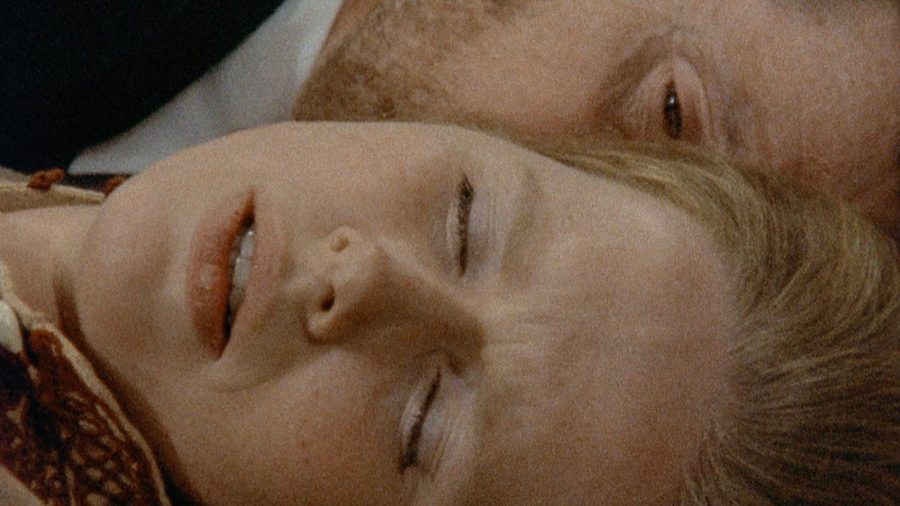
Bergman also explored the intricacies of marriage, best depicted in the 1973 miniseries “Scenes from a Marriage.” It explores the disintegration of a marriage between Johan (Erland Josephson) and Marianne (Ullmann) over a period of 10 years. The miniseries was said to have contributed to rising divorce rates in Sweden at the time, which is a testament to Bergman’s ability to probe into the uncomfortable depths of human relationships.
For comic relief: Smiles of a Summer Night (1955)
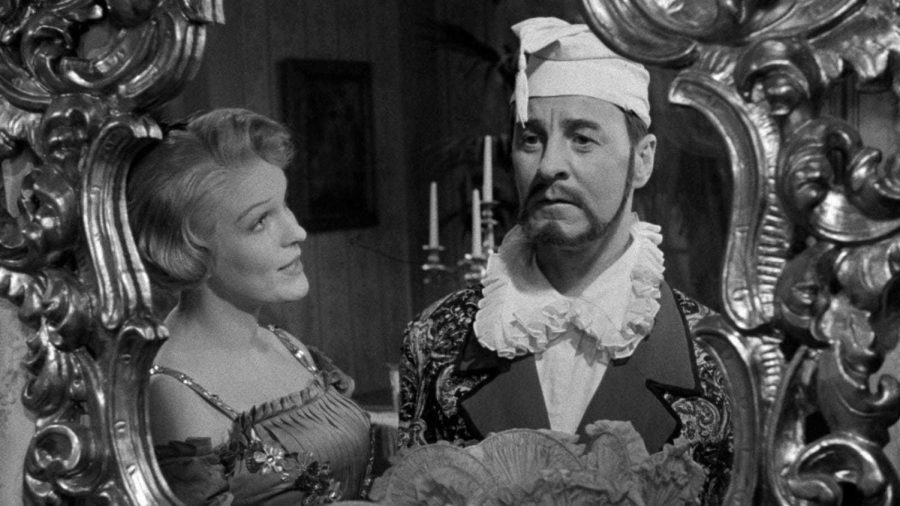
It’s not always dark and gloomy in Bergman’s world. His comedies are also entertaining, even as they do tackle serious themes such as marital infidelity. A great example is the erotic comedy “Smiles of a Summer Night,” which follows four couples who switch partners during a weekend in the country. It premiered in Cannes in 1955 to rave reviews, which made Bergman nationally famous after a disastrous string of early films.
For experimental excursions: Persona (1966)
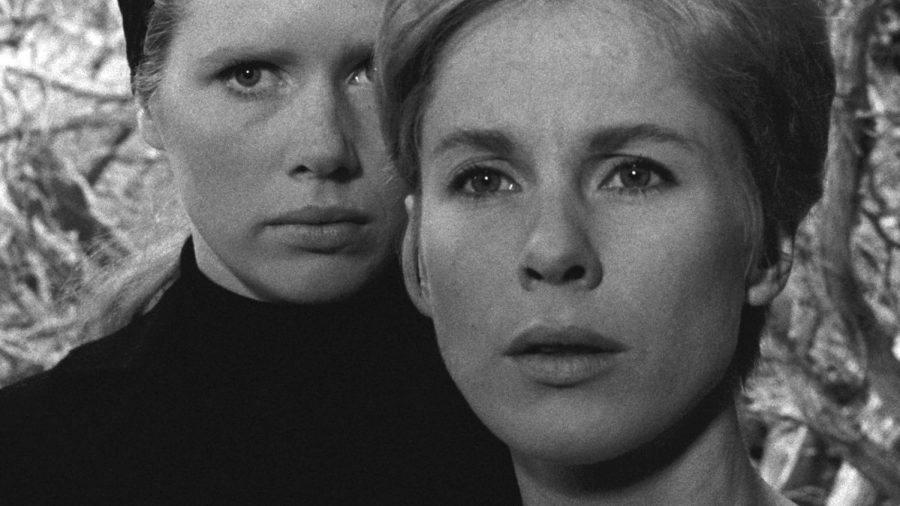
The 1966 psychological thriller follows a nurse (Bibi Andersson) who cares for a seemingly mute actress (Ullmann) on a secluded island. “Persona” can be a challenging watch for newcomers. But once one has explored Bergman’s world, its visual poetry and psychological depth becomes mesmerizing. The film has invited critical analysis through its oblique themes of duality, and it has since influenced movies such as David Lynch’s “Mulholland Drive” and Robert Eggers’ “The Lighthouse.”
Shame (1969)
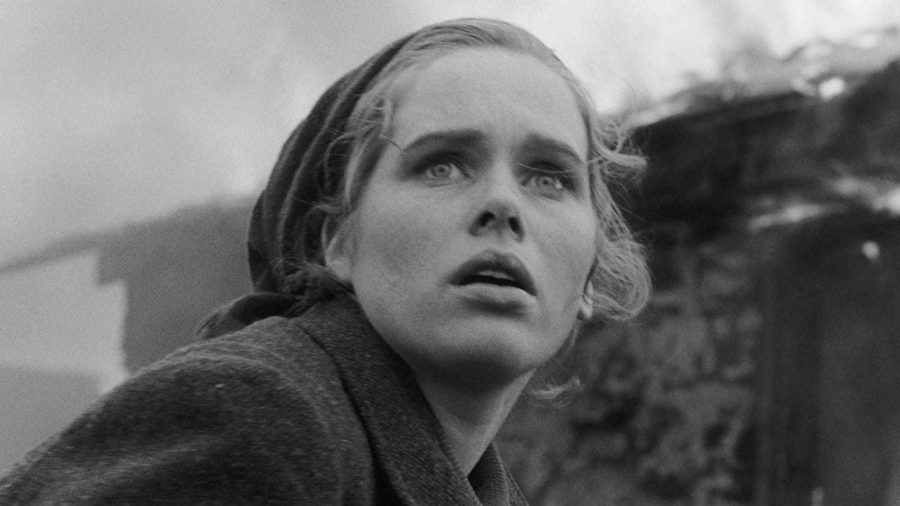
Rising to prominence for her performance in “Persona,” Ullmann then co-starred with von Sydow in an unofficial trilogy of films that are experimental in form. 1968’s “Hour of the Wolf” sees Bergman rarely delve into the horror genre, as von Sydow plays a writer tormented by demons real and imagined. “Shame” (1969) deals with the effects of war on two musicians, while “The Passion of Anna” blurs reality and fiction as it depicts a recluse (von Sydow) who begins a relationship with a mysterious stranger (Ullmann).
END HERE: Fanny and Alexander (1983)
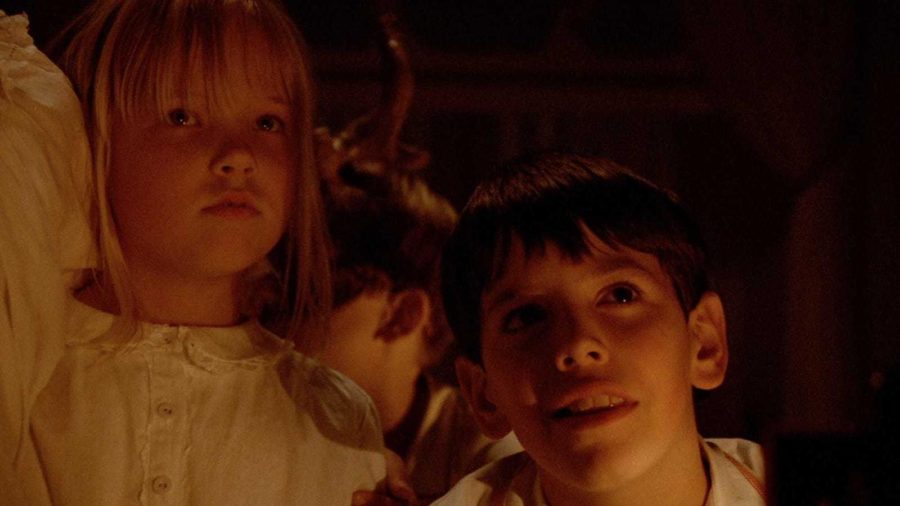
Bergman announced his official retirement from filmmaking with this period drama from 1983. “Fanny and Alexander” features the two titular siblings and their large family. They deal with their father’s death, as well as their mother’s remarriage to a prominent but abusive bishop. Semi-autobiographical in form, the film is, in many ways, the perfect summation of Bergman’s career up to that point. It combines the director’s preoccupations with death, faith, and family dynamics with his childlike nostalgia. Winning four Academy Awards, the 312-minute miniseries version is highly recommended for viewing, especially during the Christmas season.

Ver Lumod is a digital filmmaking junior. He works as Reviews Editor for The Maroon. Ver has also written and directed short films. He regularly watches...



